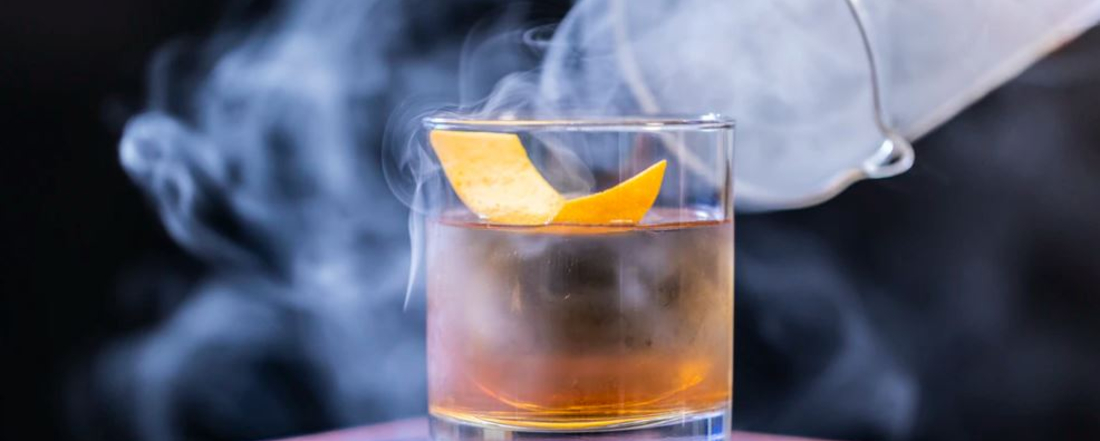
In the News
Will Synthetic Alcohol Mean the End of Hangovers?
- WHYY - The Pulse
-
Focus Areas
Alcohol, Tobacco, Drugs & Mental Health -
Issues
Alcohol -
Programs
Alcohol Research Group

In an underground lab in the English countryside, a top brain scientist has been working on synthetic alcohol – a drink that can get you tipsy without the hangover. David Nutt has been testing this new creation on himself.
Nutt, currently professor of neuropsychopharmacology at Imperial College London, was the UK government’s drugs adviser in the late 2000s. But he was fired in 2009 for claiming that alcohol is more dangerous than ecstasy or LSD. The following year, he published a study showing that booze is more harmful to society than heroin or crack cocaine.
“Alcohol has always been one of my biggest research interests,” Nutt said. “As a doctor, you’re always confronted by the problems of alcohol. Every time you go on the ward, you see someone who’s been damaged by alcohol. So I’ve always wanted to give young people an alternative to this addictive, toxic substance, which in the end could — well, we know will — kill 3 ½ million people a year prematurely.”
The alternative he’s working on now is a molecular compound called Alcarelle. The plan is for Alcarelle to be used in various kinds of drinks—instead of alcohol. According to Nutt, the compound will allow you to feel the good effects of booze, without the hangover.
“The science of Alcarelle is based on an understanding, a deep understanding of the science of alcohol,” Nutt said. “Over the last 50 years, neuroscience has made major progress in understanding what alcohol does in the brain.”
Not everyone sees the potential of an alternative to alcohol, however.
“I don’t think the premise that we can fully separate the positive and negative effects of a synthetic substance on the brain can be fully supported by what we know about brain function, alcohol and addiction,” said Sarah Zemore, senior scientist at the Alcohol Research Group, a Public Health Institute nonprofit based in California.
Zemore is not convinced that Alcarelle will work.

They’re targeting sociability and relaxation, but how do you do that without targeting disinhibition? I can’t imagine how you could achieve those effects without disinhibiting a person. And so if that happens, then people are prone to make risky and poor decisions just as they do with alcohol. So they may be more likely to engage in unsafe behaviors, unsafe sex, violence, and criminal activity, or behaviors that are simply dangerous.Sarah Zemore of PHI’s Alcohol Research Group
We’re a few years away from being able to order a drink with Alcarelle in it. The compound first needs to go through lots of rigorous safety testing, and there are several hurdles to clear.
Click below for the transcript from WHYY.
Originally published by WHYY - The Pulse
More Updates
Work With Us
You change the world. We do the rest. Explore fiscal sponsorship at PHI.
Support Us
Together, we can accelerate our response to public health’s most critical issues.
Find Employment
Begin your career at the Public Health Institute.



